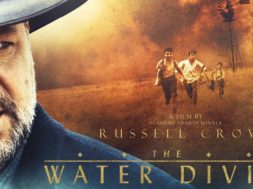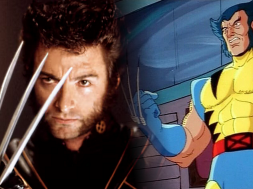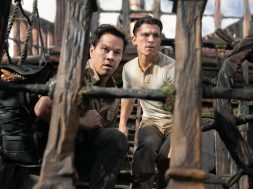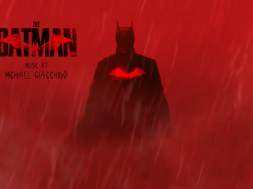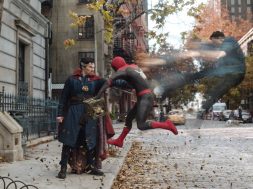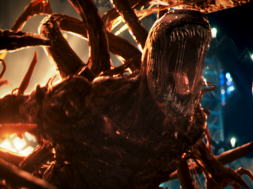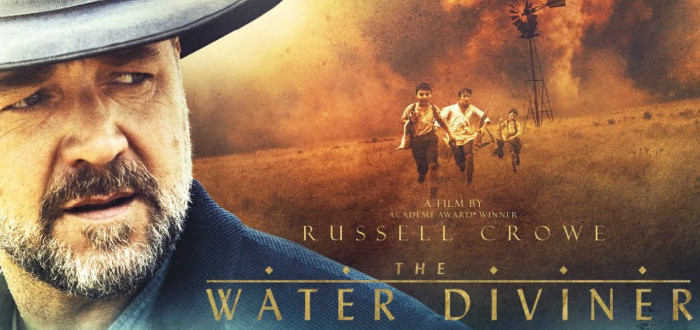
Somehow, despite being a Hollywood superstar of the highest echelon, The Water Diviner is Russell Crowe’s first directorial effort on a feature film. Having previously made a short film as well as two documentaries about his band 30 Odd Foot Of Grunts, it was only a time before the star turned to the director’s chair to construct a vision all his own. Naturally, Russell has planted himself in the starring role of the dusty historical yarn, which took top honors at the Australian Academy of Film And Television Awards in January, alongside indie horror breakout The Babadook, in January. It isn’t hard to see why exactly Australian audiences have taken to the wartime drama so much, but it 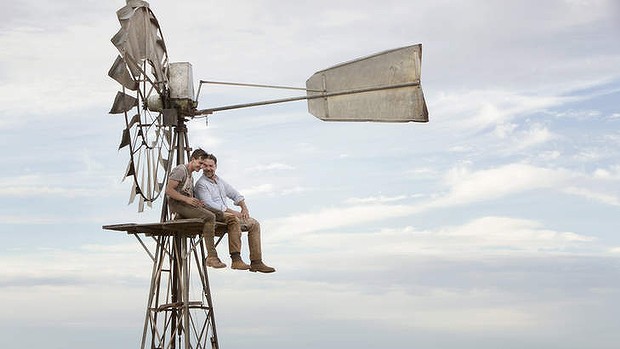 manages to be quite good even outside of homely sentimentality.
manages to be quite good even outside of homely sentimentality.
Set during the Gallipoli Campaign, The Water Diviner follows Joshua Connor, played by Crowe, as as Australian farmer who sets out to reclaim his sons bones from the battlefield after his wife commits suicide. This journey takes him from the Australian outback, first to Constantinople, and then onward, making his way through Turkey as the nation wrestles with the ongoing conflict. A sandy, yellow and brown tapestry, Diviner is as much about the locations as it is about the people therein; shot by one Andrew Lesnie, of Lord of the Rings fame, everywhere from the bustling Turkish cityscape to the beach-land military camp to the outback engage the eyes, resting just long enough to give not only a sense of place and time, but also a sense of the weight that had befallen everywhere the war had touched. Often switching from focused character shots to more grandiose landscapes, the film uses scale to elaborate on the stories and the history of each cast member – occasionally opening out completely to give this an even greater effect, in particular one sequence involving a sand-storm is the film’s dramatic highlight.
Whereas most war films focus on the action, wanting to shock the viewer with the sheer brutality of the war ensemble, Russell’s approach is something a bit more tacit. Instead of getting into the trenches with the soldiers, this screenplay is more concerned with those left after the bodies have been slain – conversations between an Australian general and a Turkish general concede to how many were lost, and wondering was it worth it. Meanwhile, Joshua’s search for closure, and yearning to retrieve his sons from the anonymity of a KIA stamp in a filing cabinet, leads him on a chase that includes a tense stand-off on a Turkish train, and proves utterly compelling to this end. When there are 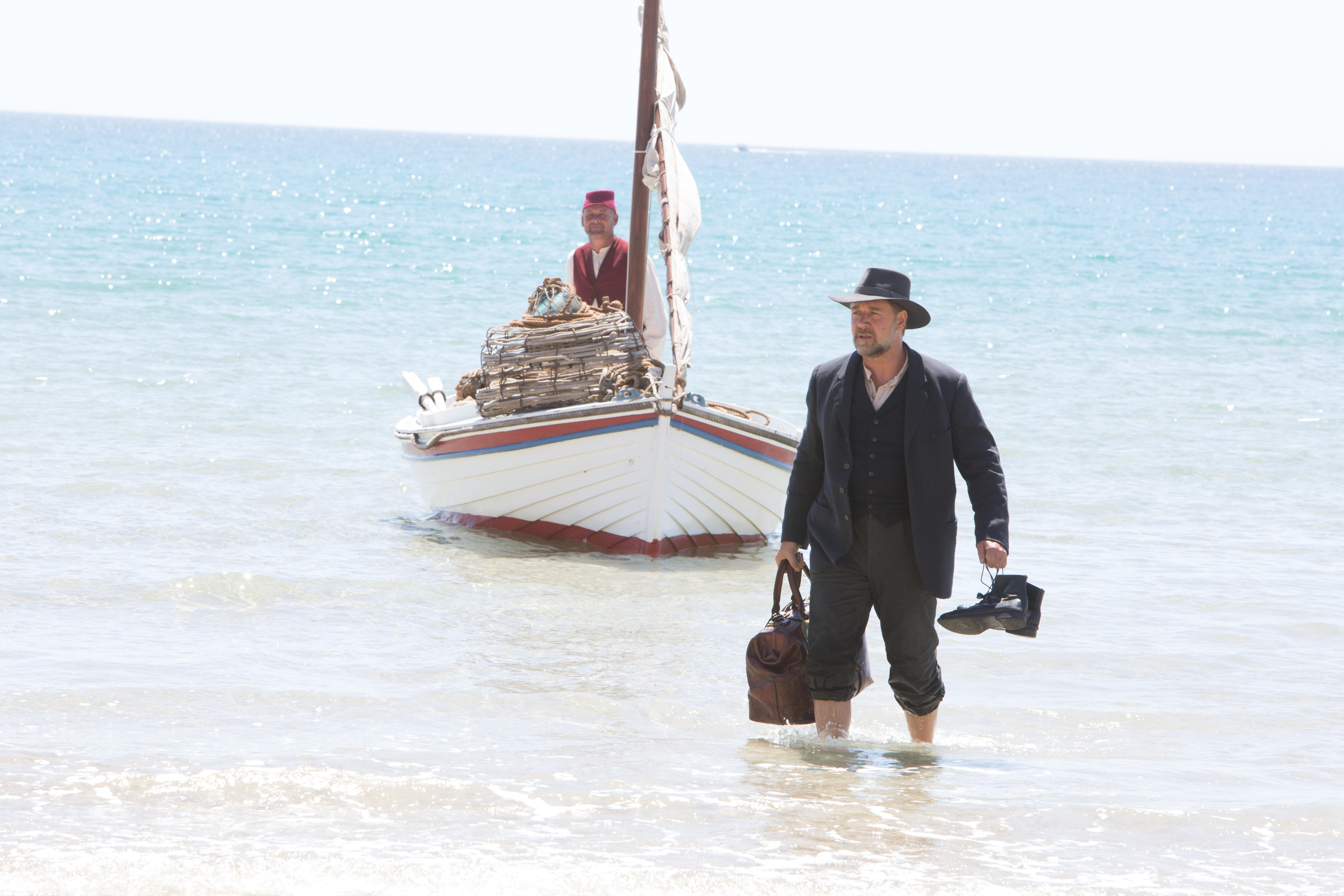 moments of loud bloodshed, as few as they are, they prove ever more visceral because of the surrounding scenery, highlighting both their tragedy and their temporariality in equal measure.
moments of loud bloodshed, as few as they are, they prove ever more visceral because of the surrounding scenery, highlighting both their tragedy and their temporariality in equal measure.
The Water Diviner is a film that teeters on being great, but is hampered by some slightly niggling tonal clashes. Making sweet with the owner of the Turkish hotel, played by ex-Bond girl Olga Kurylenko, in which he finds residence on his quest, Joshua ends up in a tussle with her domineering soon-to-be husband in an almost cartoony sequence, saving her from a life of misery in the process, that betrays the quieter, more emotionally tactile approach of the rest of the feature. This, coupled with a complete refrain from fully elaborating on the film’s title, something which seems to reference Joshua’s ever-so-slightly mystical powers of divination, and which directly helps him find his sons remains, leads to a sense of slight feeling of being unfulfilled once the final moments come to a close.
But it is only slight, as the Oscar veteran proves that he’s learned a thing or two from being in front of the camera so many times. The Water Diviner is a slightly different kind of war film, not least because it focuses on the kind of conflict that is rarely captured for mainstream audiences, and whose particular locations are rarely talked about in regards to modern cinema, but also because there’s a feeling of weight with the subject matter that just makes the production that much more endearing. Not perfect, by any means, but Russell may yet have a great film in him from behind the camera. Though, he would do well to keep his ego in check for the next one.
Engaging, well-shot tale of war. 8/10
